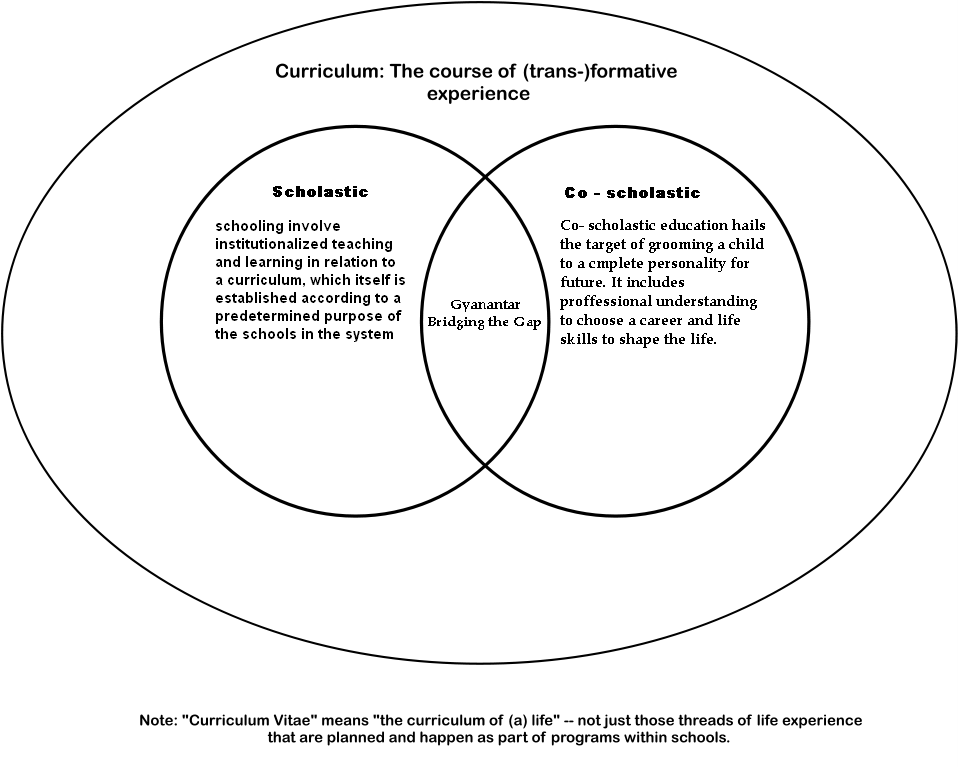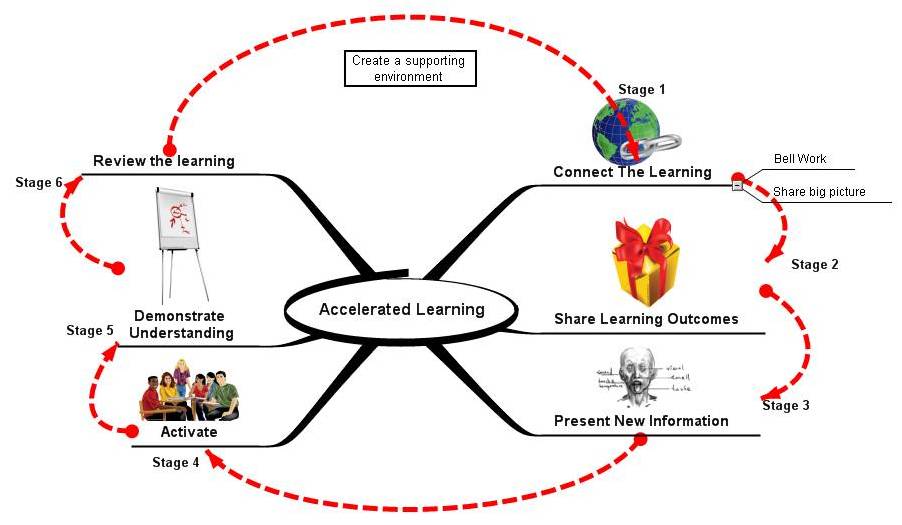All the months are categorized on the base of theme learning and cater to almost the same learning target. Making the learning on the basis of themes on months also creates better understanding and more interest in the children to participate.Life skills have been defined as “the abilities for adaptive and positive behavior that enable individuals to deal effectively with the demands and challenges of everyday life” (WHO). ‘Adaptive’ means that a person is flexible in approach and is able to adjust in different circumstances. ‘Positive behavior’ implies that a person is forward looking and even in difficult situations, can find a ray of hope and opportunities to find solutions. The terms ‘Livelihood skills’ or occupational/vocational skills refer to capabilities, resources and opportunities to pursue individual and household economic goals and relate to income generation. Thus, Life skills are distinct from livelihood skills.
3.The methodology we adhere-The theory of planned behavior is a theory about the link between attitudes and behavior. It was proposed by Icek Ajzen as an extension of the theory of reasoned action. It is one of the most predictive persuasion theories. It has been applied to studies of the relations among beliefs, attitudes, behavioral intentions and behaviors in various fields. If people evaluated the suggested behavior as positive (attitude), and if they think their significant others wanted them to perform the behavior (subjective norm), this results in a higher intention (motivation) and they are more likely to do so. A high correlation of attitudes and subjective norms to behavioral intention, and subsequently to behavior has been confirmed. We know that behavior do change over time. Behavioral intent and behavior must be measured at the same time for us to expect that they will relate. Reasoned action states that attitudes, together with subjective norms, determine behavioral intent. This means that if a person’s attitude changes, his or her behavioral intent will probably change to. So, if we try to change people’s behavioral intent and then wait to measure
4.The curriculum we follow-According to developmental psychology the life of a child is been divided in three main segments namely early child hood, middle childhood and adolescence. One would realize that every age segment has its own unique attributes and hence requirements. Keeping in mind the same the three special curriculum have been designed with special activities. For example in the curriculum of early childhood after every month to retain the learning related stories are told. As children of this age are more attached to the stories and can personify with the same. Similarly the middle childhood curriculum have more of activities and engaging interventions & for the teenage we change the way they think by relating to their personal interest which promises 100% change in the behavior of children.
 5.The 40 sessions are a combination of-
5.The 40 sessions are a combination of-
• Scientific experiments to realize the effect on physical world (matter) of thoughts/ intentions/ words.
• Interactive and engaging activities to impart crucial Life skills.
• Social perspective realizing behavioral & Psychoanalytic games.
• Family respect & connection inducing periodic assignments.
• Role plays to understand perspective and perceptions.
• Lectures and researches in the form of interesting stories.
• Quarterly and annually behavioral student report card based on the peer review hence taking the advantage of group dynamics.
• First hand simulative controlled situations where one can analyze and understand and experience the psychological effect of their action and words to make a social image/mental report card of every child.
• Moral case studies group discussions
• Flash cards.
6.Unique evaluation methods- completely out of the box-
It has been always difficult to measure the immeasurable but not anymore. With the help of quarterly group peer review and the mental report card intervention we can easily assess the skill level of the students which is on the norm-referenced test (relative to the particular group section). On the basis of which we provide quarterly and yearly skills report card for every child.


